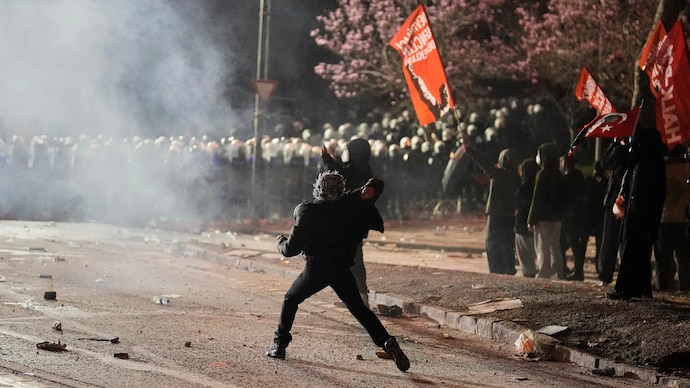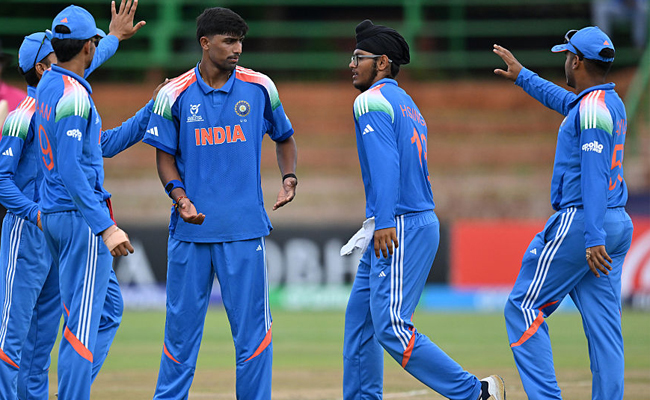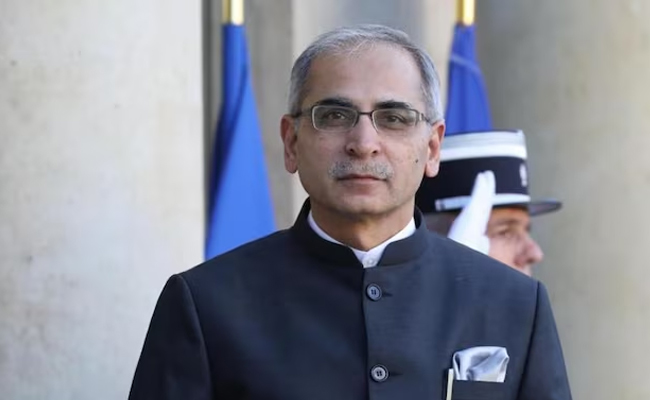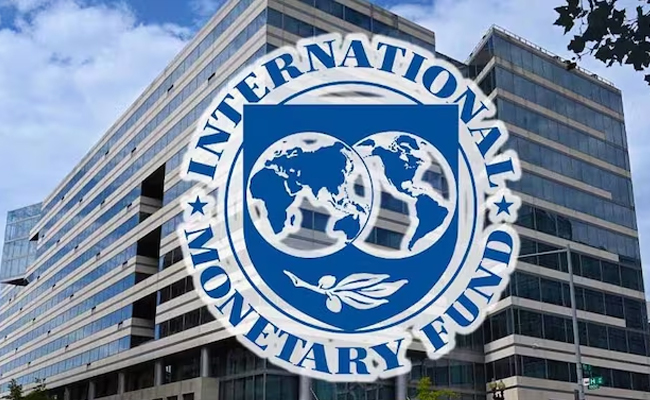Istanbul: Massive protests have erupted across Turkey following the arrest of Istanbul Mayor Ekrem İmamoğlu on corruption charges, widely seen as politically motivated. Demonstrators in Istanbul, Ankara, İzmir, and other cities have taken to the streets for six consecutive nights, demanding his release and condemning what they call democratic backsliding under President Recep Tayyip Erdoğan’s rule.
Authorities have responded with force, deploying water cannons, tear gas, and plastic bullets, while some protesters have thrown stones and fireworks at police. Interior Minister Ali Yerlikaya reported that 1,133 demonstrators were detained between Wednesday and Sunday, with 43 arrested for allegedly insulting Erdoğan and his family.
Amid the unrest, opposition leader Özgür Özel of the Republican People’s Party (CHP) visited İmamoğlu at Silivri Prison on Tuesday. He has called for a final rally outside Istanbul’s City Hall and announced that the party will appoint a municipal council member as acting mayor to prevent a government-appointed replacement.
Meanwhile, Turkish authorities have cracked down on journalists covering the protests, detaining eight reporters for allegedly violating laws on demonstrations. Media unions have condemned the arrests as an attack on press freedom.
İmamoğlu, a key opposition figure and potential challenger to Erdoğan, was arrested on March 19 on charges of running a criminal organization, bribery, extortion, and bid-rigging, all of which he denies. His suspension from office has fueled speculation that Erdoğan may call an early election before 2028 to extend his rule.
Let the Truth be known. If you read VB and like VB, please be a VB Supporter and Help us deliver the Truth to one and all.
Bulawayo (PTI): Seeking to continue their confident start to the tournament, a well-balanced India will begin as firm favourites despite facing a tricky Bangladesh in their second match of the ICC U-19 World Cup here Saturday.
Five-time champions India started their campaign on expected lines, registering a six-wicket win over USA after bundling the opponents out for a paltry 107 in a rain-hit match, with right-arm pacer Henil Patel returning exceptional figures of 5/16 in seven overs and the other bowlers also doing a fine job.
The star-studded Indian batting line-up will hope to get an extended run at the crease against Bangladesh, who are likely to pose a greater challenge to the Ayush Mhatre-led side after a rather comfortable win against the USA.
The opening duo of Mhatre and the incredible 14-year-old Vaibhav Suryavanshi will again lead the batting in the company of vice-captain Vihaan Malhotra, all-rounders Aaron George and Vedant Trivedi and wicketkeeper Abhigyan Kundu.
D. Deepesh, RS Ambrish, Henil Patel, Kishan Kumar Singh and Udhav Mohan offer the team pace bowling options, while the likes of Kanishk Chouhan, Khilan Patel and Mohamed Enaan shoulder the spin bowling responsibility.
Champions in five of the 16 editions, India are by far the most dominant team in the history of the competition, which started back in 1988 with Australia emerging winners in the inaugural event.
Raising their prospects further is the team's form in the last one year, having won series in England, Australia and South Africa. The victory against USA was India's 14th in last 17 matches, and the side is backing itself to continue the excellent run of form against their next opponents.
As far as Bangladesh are concerned, they have captain Azizul Hakim who has a fair bit of experience, and a lot will depend on how he marshals his side in the tournament in Zimbabwe and Namibia.
With his deputy Zawad Abrar, Hakim will spearhead the Bangladesh batting. The duo have been prolific at the under-19 level, having scored over 1000 runs in Youth ODIs since the last edition of the tournament in 2024. Kalam Siddiki, with 857 runs in this period, is another prolific run-getter in the side.
Bangladesh also carry a potent bowling attack, with pacers Iqbal Hossain and Al Fahad expected to get plenty of support in pace-friendly conditions in Zimbabwe.
These two are the most successful bowlers since the last U19 World Cup with 45 and 43 wickets to their names respectively. Not too far behind is left-arm spinner Samiun Basir, who had 29 wickets in this period, at an economy of under four.
Teams (from):
India: Ayush Mhatre (c), R.S. Ambrish, Kanishk Chouhan, D. Deepesh, Mohamed Enaan, Aaron George, Abhigyan Kundu, Kishan Kumar Singh, Vihaan Malhotra, Udhav Mohan, Henil Patel, Khilan A. Patel, Harvansh Singh, Vaibhav Sooryavanshi, Vedant Trivedi.
Bangladesh: Azizul Hakim Tamim (c), Zawad Abrar, Samiun Basir Ratul, Sheikh Parvez Jibon, Rizan Hossan, Shaharia Al Amin, Shadin Islam, Md Abdullah, Farid Hasan Faysal, Kalam Siddiki Aleen, Rifat Beg, Saad Islam Razin, Al Fahad, Shahriar Ahmed, Iqbal Hossain. Reserves: Abdur Rahim, Debashis Sarkar Deba, Rafi Uzzaman Rafi, Farhan Shahriar, Farzan Ahmed Alif, Sanjid Majumder, Md Sobuj.
Match starts 1.00 pm IST.





